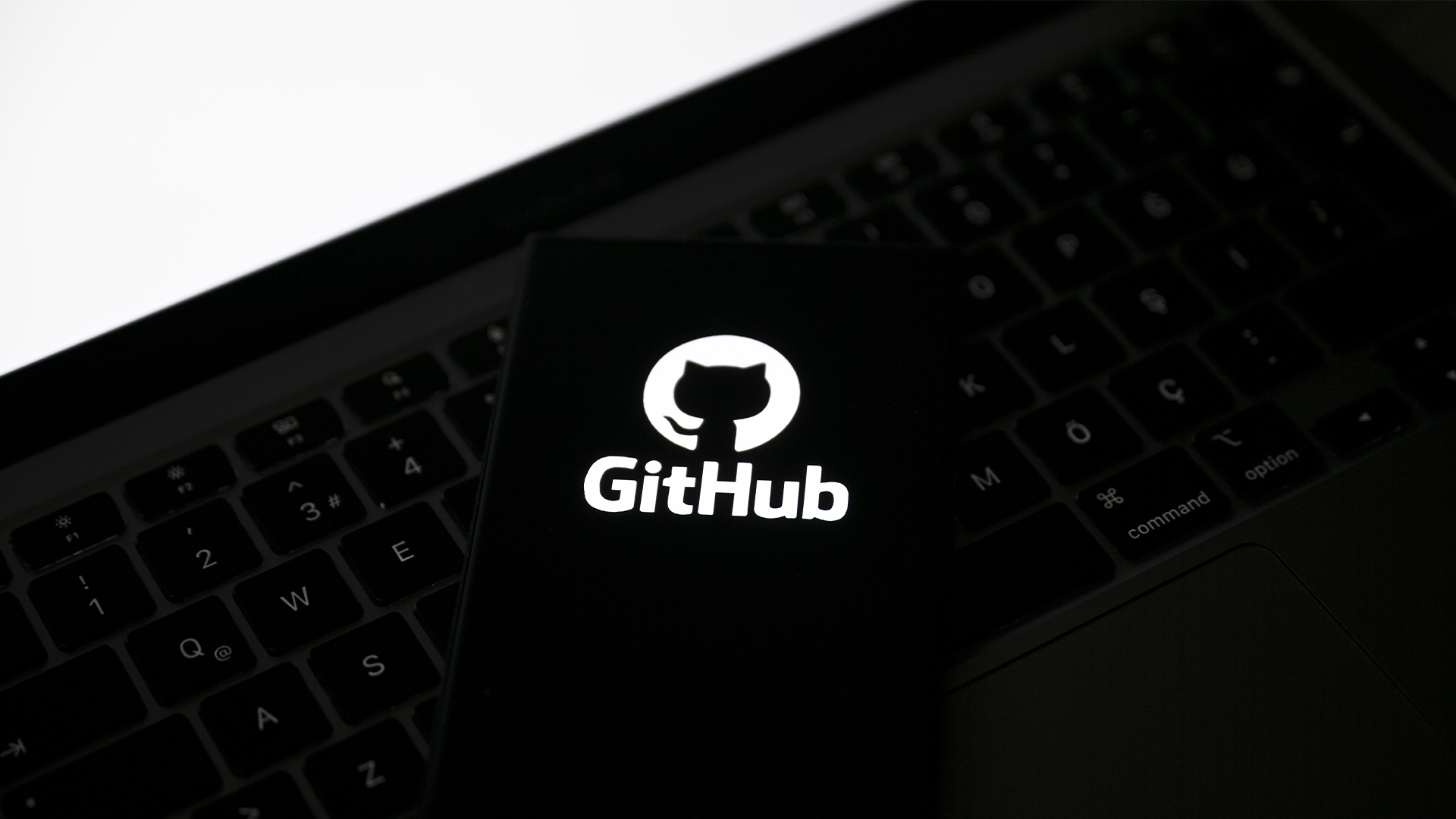Not all software developers are sold on AI coding tools – while productivity gains are welcomed, over a third are concerned about AI-generated code quality
Many software developers have concerns over the quality and security of AI-generated code despite marked productivity boosts


Over one-third (39%) of software developers have little to no trust in AI-generated code despite most admitting to using AI coding tools daily, new research shows.
Google’s ‘State of DevOps’ report found over 75% of surveyed developers use AI for at least one daily professional responsibility. Chief among use cases is code generation, with 74.9% using the technology to write code.
While over a third of respondents reported the productivity benefits of AI, many lack confidence in the code produced.
This low level of trust expressed by respondents indicates a need to manage AI integration more thoughtfully, the report said, and teams must ensure they evaluate AI’s role in workflows carefully to mitigate downsides.
It’s worth noting that the majority of those surveyed (87.9%) reported that they had at least some level of trust in AI-generated code.
There are also issues in software delivery performance. The increase in AI adoption was mirrored by an estimated 1.5% decrease in software delivery throughput, the report explained, along with an estimated 7.2% reduction in software delivery stability.
“Our data suggest that improving the development process does not automatically improve software delivery — at least not without proper adherence to the basics of successful software delivery, like small batch sizes and robust testing mechanisms,” it said.
Sign up today and you will receive a free copy of our Future Focus 2025 report - the leading guidance on AI, cybersecurity and other IT challenges as per 700+ senior executives
The report suggested three recommendations on the back of its findings, such as the establishment of clear guidelines for AI use, addressing procedural concerns, and the assurance of open communication around AI impact.
Google added that businesses should encourage the exploration of AI tools and create time dedicated to AI experimentation.
Do AI coding tools cause more harm than good?
Google’s research marks the latest in a string of studies exploring the benefits and potential pitfalls of AI coding tools, with developers flagging repeated concerns over code security and consistency.
A recent study from Black Duck Software aligns closely with Google’s study, highlighting growing distrust among developers with regard to AI-generated code quality.
The study, published earlier this month, found that around 90% of developers are using the technology in their daily workflows. However, less than one-quarter of respondents described themselves as ‘very confident’ in their organization’s policies and processes for testing AI-generated code.
Notably, issues with code quality were found to be slowing down development lifecycles due to the fact security testing practices had to be expanded to accommodate for potential inconsistencies.
RELATED WHITEPAPER

Similar research from Gitclear found that AI-generated code can be often of a lower quality and is more difficult to maintain, while news earlier this year revealed code generated by GitHub Copilot could be dangerously flawed.
On the other hand, research from GitHub found software development teams created more secure software and better quality code through the use of AI coding tools.
Despite lingering concerns, research has highlighted the benefits of AI coding tools for developers globally. A study from GitHub in August found the use of AI coding tools has significantly improved productivity and helped reduce strain on developers.
A key benefit highlighted in the study was the time savings afforded by the use of AI tools, according to GitHub. Nearly half (47%) of respondents stated they’ve been able to free up more time to ramp up collaboration with peers and focus on system design, for example.
Other developers reported that the time savings afforded by AI tools has allowed them to learn new coding languages.

George Fitzmaurice is a former Staff Writer at ITPro and ChannelPro, with a particular interest in AI regulation, data legislation, and market development. After graduating from the University of Oxford with a degree in English Language and Literature, he undertook an internship at the New Statesman before starting at ITPro. Outside of the office, George is both an aspiring musician and an avid reader.
-
 What is Microsoft Maia?
What is Microsoft Maia?Explainer Microsoft's in-house chip is planned to a core aspect of Microsoft Copilot and future Azure AI offerings
-
 If Satya Nadella wants us to take AI seriously, let’s forget about mass adoption and start with a return on investment for those already using it
If Satya Nadella wants us to take AI seriously, let’s forget about mass adoption and start with a return on investment for those already using itOpinion If Satya Nadella wants us to take AI seriously, let's start with ROI for businesses
-
 New Gemini features are coming to Gmail, but don't worry, you can switch them off – Google says they're not a 'forced requirement' and users can opt for the classic version
New Gemini features are coming to Gmail, but don't worry, you can switch them off – Google says they're not a 'forced requirement' and users can opt for the classic versionNews Google has announced plans for deeper AI integration within Gmail to help users automate inboxes, here's how to turn the features off.
-
 Microsoft is shaking up GitHub in preparation for a battle with AI coding rivals
Microsoft is shaking up GitHub in preparation for a battle with AI coding rivalsNews The tech giant is bracing itself for a looming battle in the AI coding space
-
 Google CEO Sundar Pichai thinks software development is 'exciting again' thanks to vibe coding — but developers might disagree
Google CEO Sundar Pichai thinks software development is 'exciting again' thanks to vibe coding — but developers might disagreeNews Google CEO Sundar Pichai claims software development has become “exciting again” since the rise of vibe coding, but some devs are still on the fence about using AI to code.
-
 GitHub is scrapping some Claude, OpenAI, and Gemini models in Copilot – here's what you need to know and what alternatives are available
GitHub is scrapping some Claude, OpenAI, and Gemini models in Copilot – here's what you need to know and what alternatives are availableNews GitHub Copilot users are urged to switch to the newer models following the retirement cut-off
-
 UK government programmers trialed AI coding assistants from Microsoft, GitHub, and Google – here's what they found
UK government programmers trialed AI coding assistants from Microsoft, GitHub, and Google – here's what they foundNews Developers participating in a trial of AI coding tools from Google, Microsoft, and GitHub reported big time savings, with 58% saying they now couldn't work without them.
-
 Google's new Jules coding agent is free to use for anyone – and it just got a big update to prevent bad code output
Google's new Jules coding agent is free to use for anyone – and it just got a big update to prevent bad code outputNews Jules came out of beta and launched publicly earlier this month, but it's already had a big update aimed at improving code quality and safety.
-
 GitHub just launched a new 'mission control center' for developers to delegate tasks to AI coding agents
GitHub just launched a new 'mission control center' for developers to delegate tasks to AI coding agentsNews The new pop-up tool from GitHub means developers need not "break their flow" to hand tasks to AI agents
-
 What Thomas Dohmke’s departure means for GitHub
What Thomas Dohmke’s departure means for GitHubNews Thomas Dohmke won't be replaced as CEO at GitHub, with remaining company execs reporting directly to Microsoft's CoreAI division.